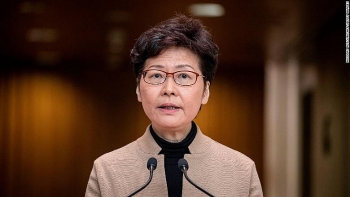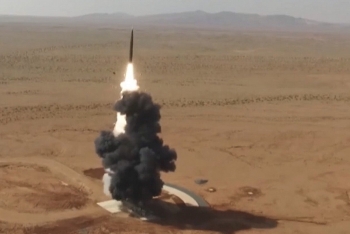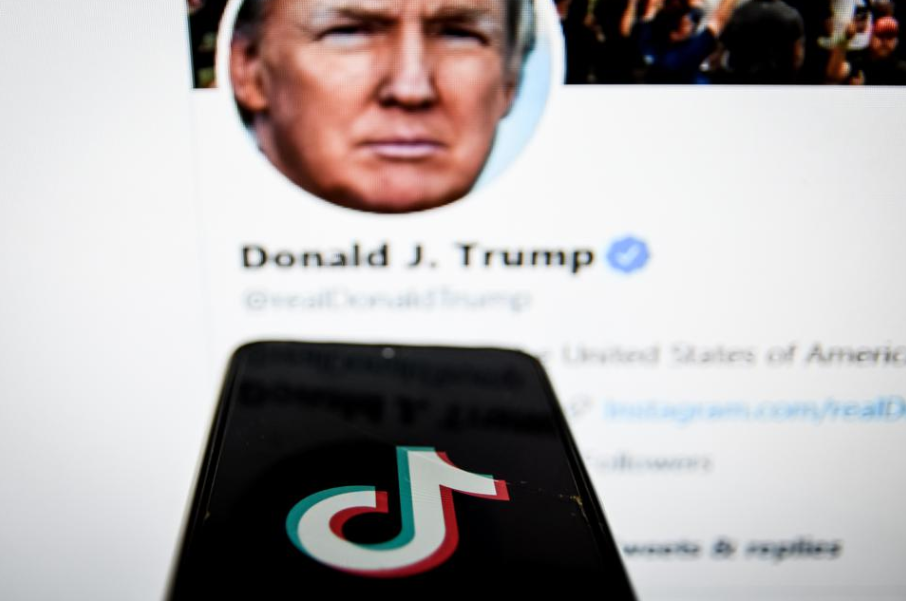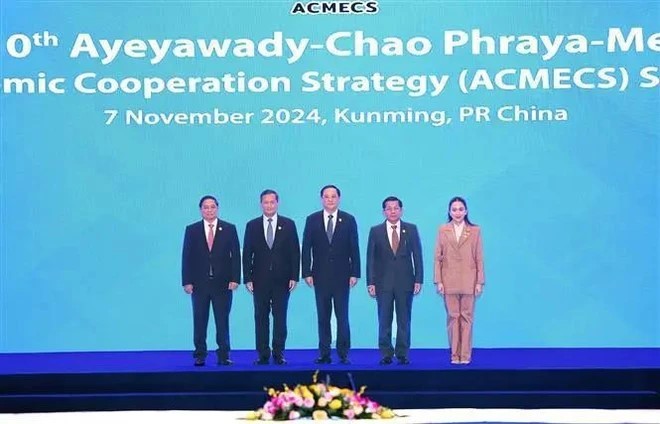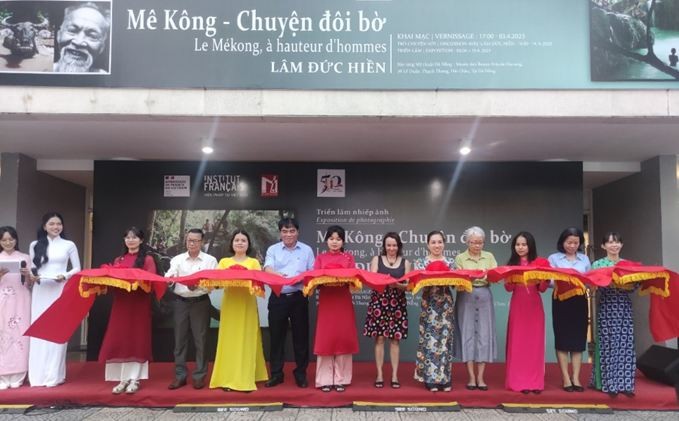US criticizes China for “Manipulating” Mekong River Flow
Addressing during a webinar organized jointly by the United States Institute of Peace and the Lee Kuan Yew School of Public Policy at the National University of Singapore, Stilwell said the water flow issue was among the “troubling trends” in the Mekong region.
“One especially urgent challenge is [China’s] manipulation of the Mekong River flows for its own profit at great cost to downstream nations,” Stilwell said.
According to South China Morning Post (SCMP), David Stilwell’s comments are the latest evidence that the 4,350km river, on which 60 million Southeast Asians depend, has become a new front in the US-China contention.
Stilwell also cited a recent report claiming that China’s upstream dams had contributed significantly to the unusually dry conditions downstream “China has been manipulating the water flows along the Mekong for 25 years, with the greatest disruption in natural flows coinciding with major dam construction and operation”.
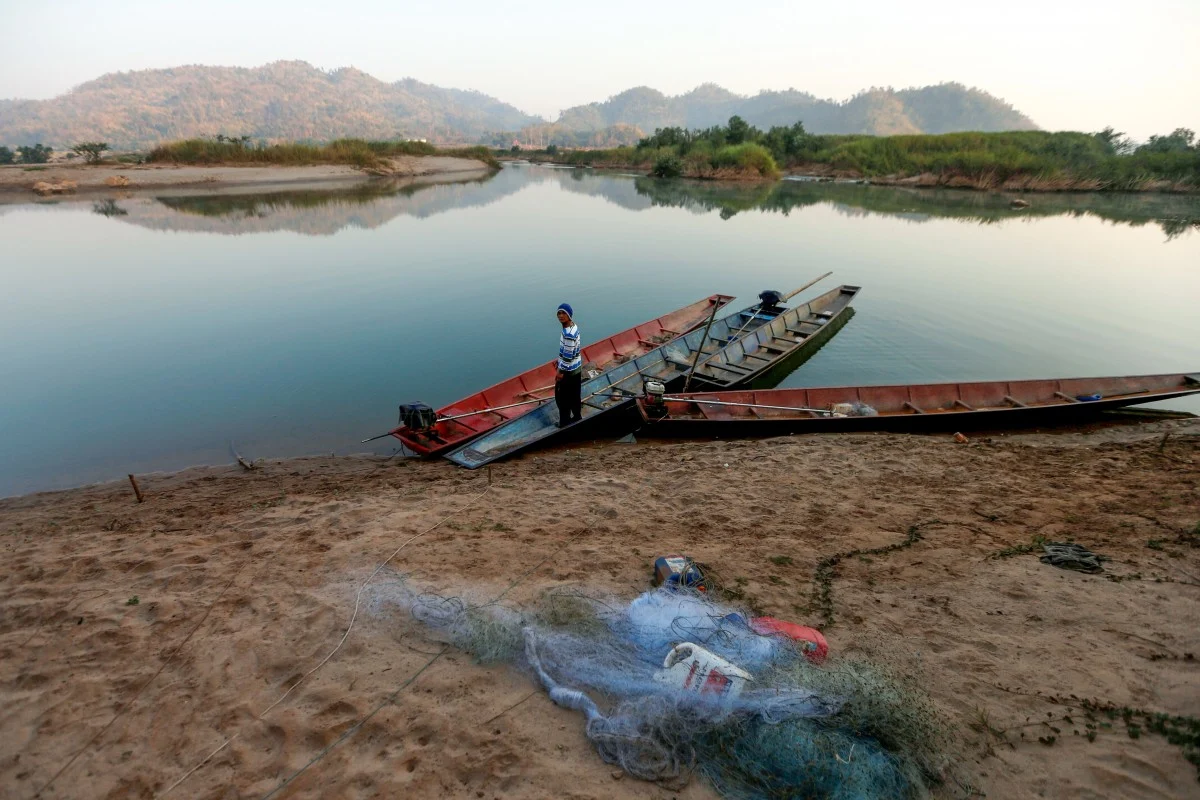 |
| A fisherman on the Mekong. Photo: Reuters |
While Stilwell did not reveal the report’s name, Beijing and Washington have in recent months been sparring over rival studies on the state of the river’s flow in the five downstream Southeast Asian nations: Laos, Myanmar, Thailand, Cambodia, and Vietnam.
As reported by The Diplomat, the report in question was released in April by Eyes on Earth, a U.S.-based research and consulting company, and was commissioned jointly by the U.S. government’s Lower Mekong Initiative (LMI) and the United Nations-backed Sustainable Infrastructure Partnership. The authors of the report found a yawning mismatch between the recent volume of rainfall on the Chinese portion of the Mekong and the water levels downstream. “For six months in 2019, while China received above-average precipitation,” it concluded, “its dams held back more water than ever — even as downstream countries suffered through an unprecedented drought.”
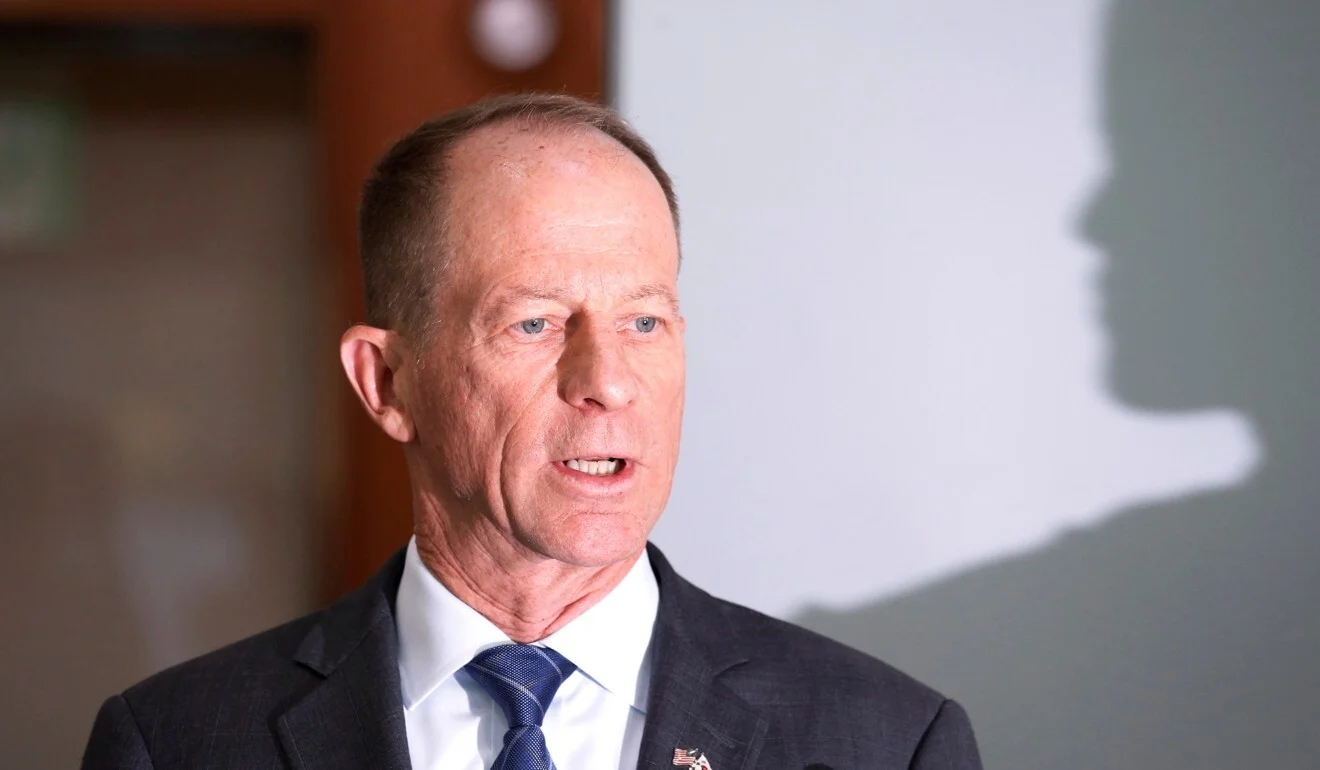 |
| US diplomat David Stilwell. Photo: Reuters |
A rival study, a collaboration between Tsinghua University and China’s Institute of Water Resources, argued the contrary, saying the Chinese dams lessened the Mekong area’s drought problems. It said the dams enabled the release of stored water from the wet season in times of low flows. Flows in the river are at record lows for a second consecutive year.
The crisis at Mekong River was “devastating harvests [and] threatening food and water security throughout the region”, Stilwell added. “These things have great potential for greater instability. The US is working with Mekong countries, the Mekong River Commission, and international partners to ensure calls for water data transparency from [China] are answered.”
The Mekong River Commission including Cambodia, Laos, Thailand, and Vietnam in June required China to publish the data related to dams so that they could prepare for the bad situations.
Cambodia, Laos, Thailand, and Vietnam suffered from severe droughts last year as the Mekong River's water dropped to a record low level, killing fish and threatening the livelihoods of million people.
 |
| The Mekong on the Thai-Laos border. Photo: International Rivers |
Foreign ministers of the 10-nation grouping, as well as counterparts from global partners such as Mike Pompeo, China’s Wang Yi, Russia’s Sergey Lavrov, and India’s S. Jaishankar, will next week participate in a series of virtual meetings that include the annual ASEAN Regional Forum (ARF).
In addition, on September 9, Pompeo will co-chair the inaugural Mekong-U.S. Partnership Ministerial Meeting with the five lower Mekong countries.
Stilwell said he hoped that ASEAN countries – some of which are in a dispute with China over the South China Sea – would continue to use a “strong collective voice” to advance their interests.
 | Australia's position in the US - China balance Australia is considered as an important companion to the US in the Indo-Pacific region in the context of US-China power competition. |
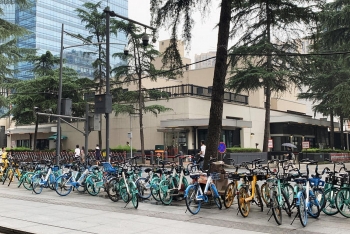 | Way to avoid derailing ties completely between two powers China's decision to target Chengdu, and not one of the higher profile American missions, indicated it was trying to avoid derailing ties completely, according to ... |
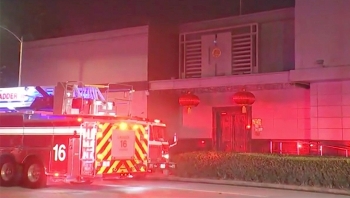 | US-China tension: US ordered to close Chinese consulate in Houston On July 22, the US-China tension escalated as the United States ordered China to close its consulate in Houston, Texas. The Chinese consulate had been ... |
Recommended
 World
World
Thailand Positions Itself As a Global Wellness Destination
 World
World
Indonesia Accelerates Procedures to Join OECD
 World
World
South Korea elects Lee Jae-myung president
 World
World
22nd Shangri-La Dialogue: Japan, Philippines boost defence cooperation
 World
World
Pakistan NCRC report explores emerging child rights issues
 World
World
"India has right to defend herself against terror," says German Foreign Minister, endorses Op Sindoor
 World
World
‘We stand with India’: Japan, UAE back New Delhi over its global outreach against terror
 World
World

